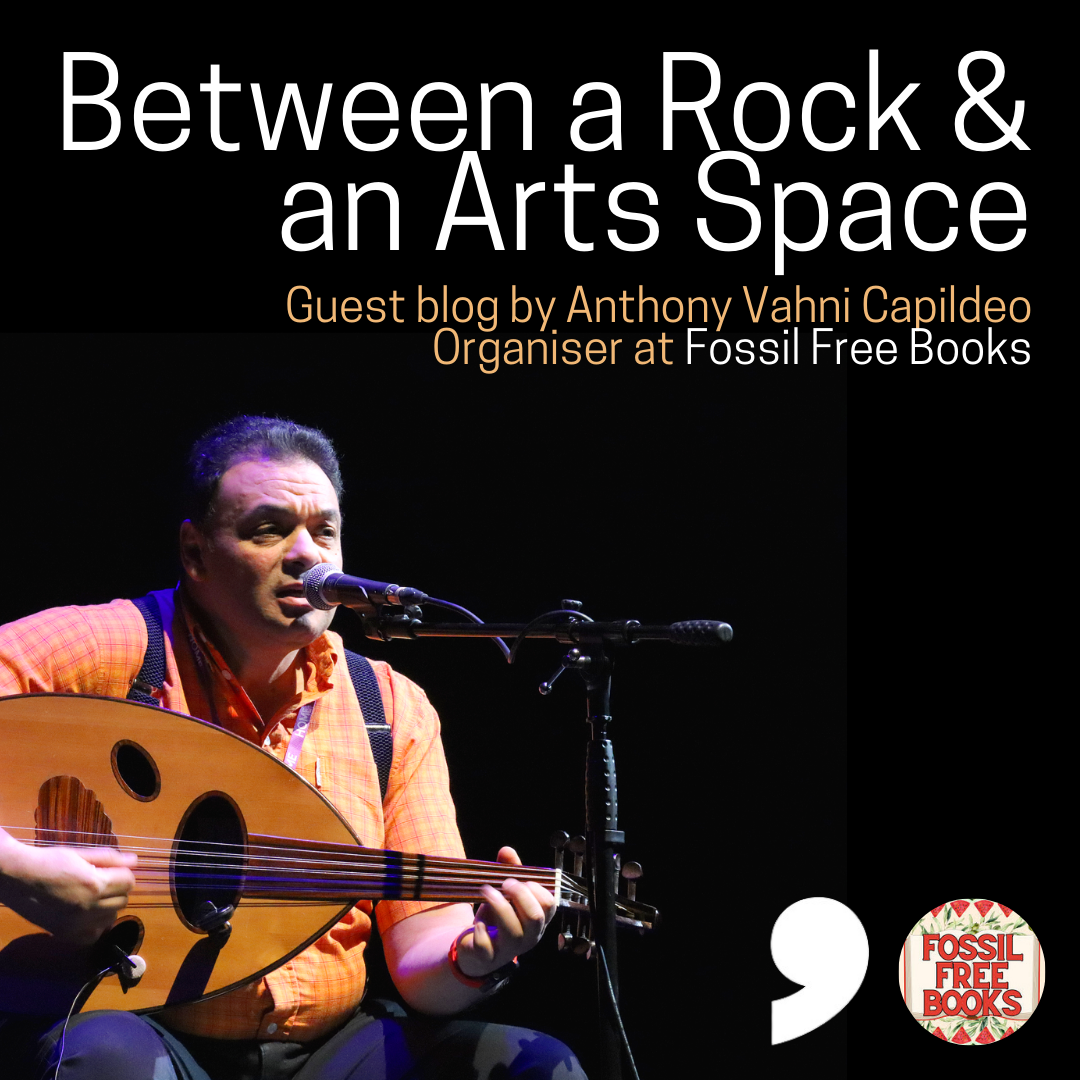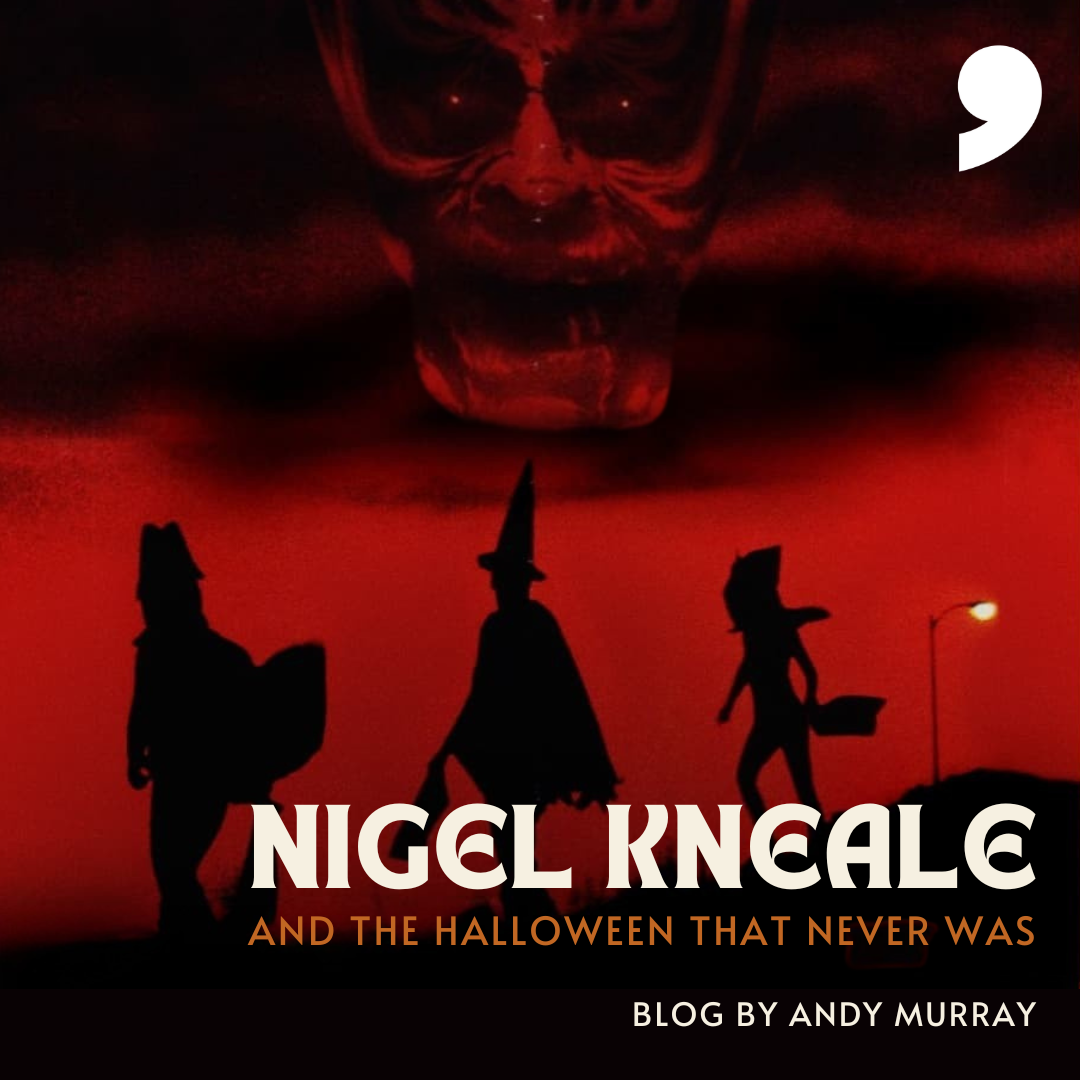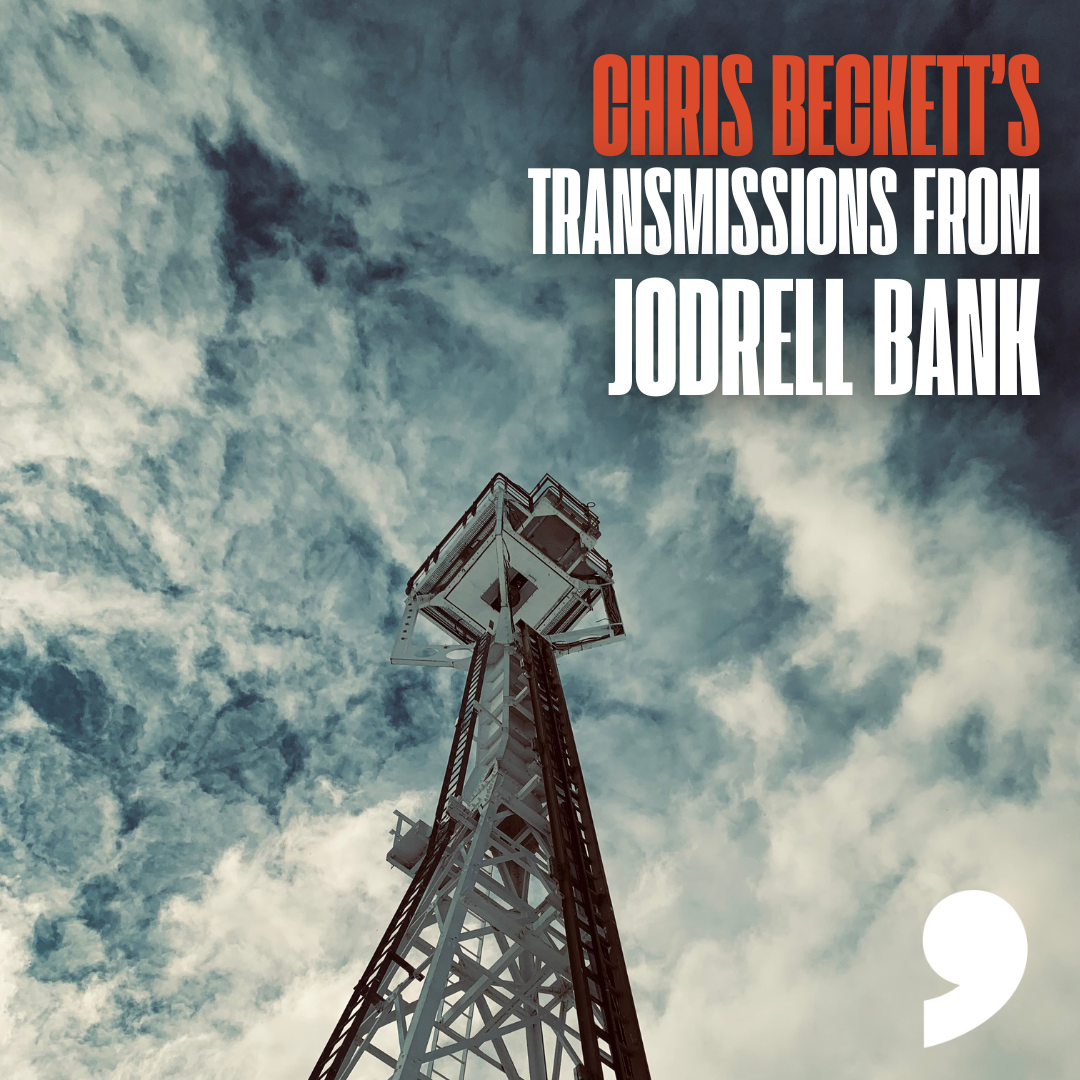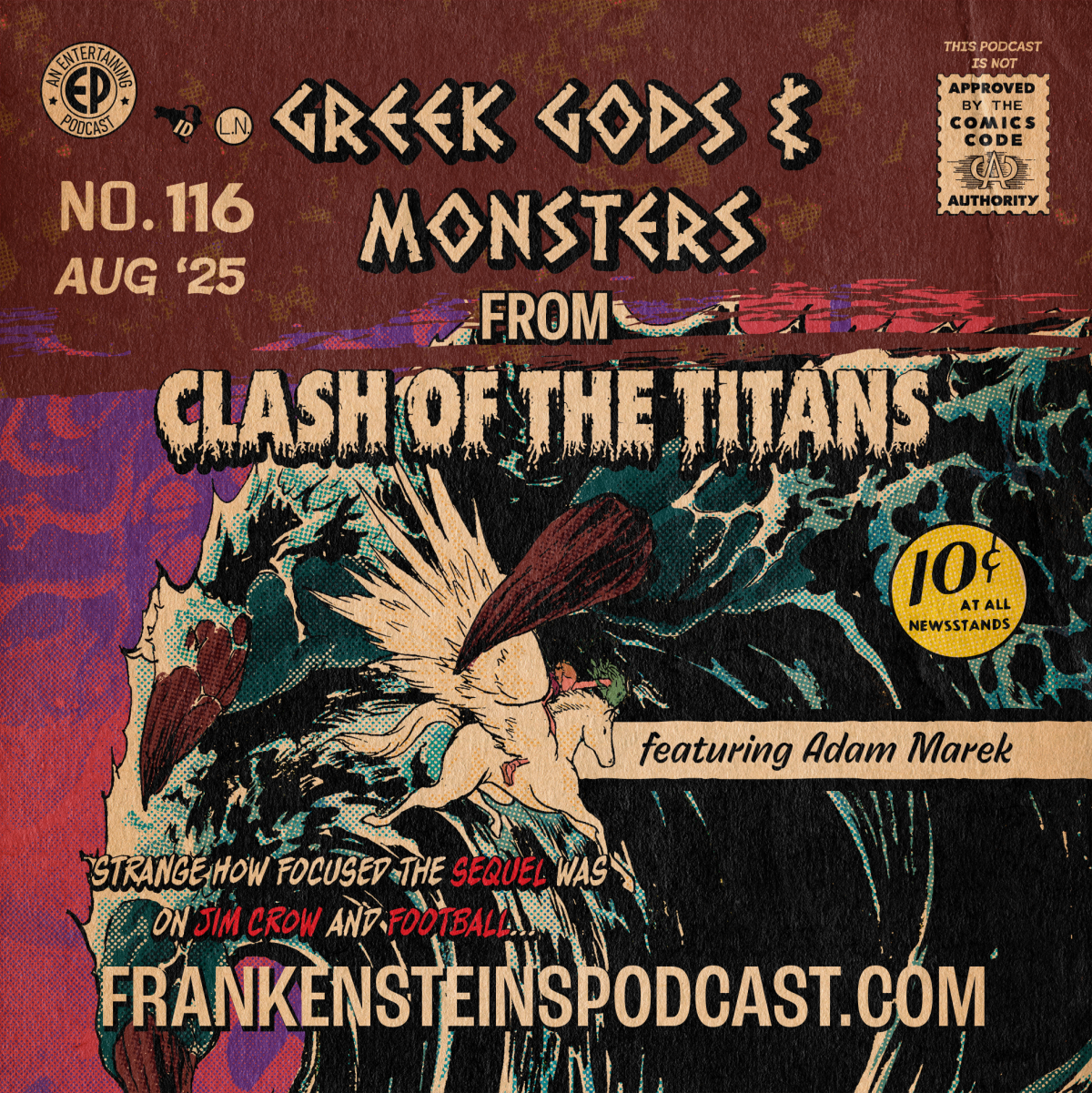Between a Rock and an Arts Space
Fossil Free Books organiser Anthony Vahni Capildeo explores the cognitive dissonance that comes from working in a supposedly humanist industry that is nonetheless silent on genocide.
Consciousness of Israel’s devastation of Gaza often makes me tremble physically, a light, persistent shivering, no matter where I am. For it strikes me with horror, like an inversion of the natural order of things. How can humans un-build their fellow creatures’ dwellings and, worse, turn them into traps, burial places, a chaos of material that both causes and conceals death? I am not Arab; I have no connexion to the region, but to the potential of stones.
I am accustomed to soil and stones that spangle. In the Northern Range of Trinidad, the hilly island where I grew up, there is an abundance of quartzites, phyllites, shale, and limestone. Quarrying throws up heaps of sharp crystal, low-grade marble, and fish-like, sheeny blue slate. I am accustomed to rubble being a sign of human intentionality. Heaped stone and soil is a sign of futurity, of flourishing. It promises construction or renovation, not death and destruction.
When Fr Gabriel Romanelli, the Roman Catholic parish priest of Gaza, spoke to an audience in Glasgow last spring, he was shining with love and joy, even as he spoke of the hundreds of people of various faiths under siege in a church compound; dependent on one natural spring; some already shot dead.. An audience member asked, what keeps you going? He said that the Eucharist gives him the sense of being one in the body with everyone spread throughout the world – a spiritual, therefore real, connexion to the bodies of others, through oneness in God. In the hall where we gathered safely in Scotland, he could feel the Spirit at work. Later, someone asked how we could pray for him? He laughed. People in Gaza are praying for us, according to this Father. I remember his eyes sparkling as he looked round the cathedral. For Gazans are living and dying in love, helping each other; but they see us walking around, yet with our souls under the rubble.
Daily, I ask myself questions about neighbourliness and appropriation; about fellow-creatureliness and projection. Daily, I am pierced by an intuition that there is no such thing as ‘no connexion’ to a region that is ingrained in our collective imagination as a holy land, or the Holy Land; let alone one which, through the tireless labour of witness and scholarship, has shaped global awareness of how genocide is remembered. The duty of memory, the transgenerational wounding, the ‘Never Agains’. This is a special case, because it is inseparable from the evolution of our collective historical consciousness. Something in my heart is crying forlornly, wanting to have a home, or stay at home, dating back to my own ancestors’ displacements and deportations from and within India and Afghanistan. It is the voice of the disappeared, of peoples made permanently temporary, rendered semi-humans in everyone else’s grand project of humanity.
When the festival season for readers and book workers began this summer, I confess that – shaken as I continue to be by the ongoing genocide of Palestinians and the expected and unexpected denials and minimizations – I was not always in festive mode. Only connect - E. M. Forster’s mantra exalting our imperative to connect our hearts and brains; our feelings and our actions, so loved in the liberal arts - had been replaced by amiably disconnect, or (less politely) carry on disconnecting. On my bad days, gloriously ‘nuanced’ and ‘balanced’ cultural statements retranslated themselves into one earworm: a little more conversation, a little less action.
I imagined some Last Festival at the end of days, still in receipt of fossil fuel and arms company sponsorship: a yurt on a melting ice floe, in which a handful of underpaid folk, wearing sequins, and attended by a mangy polar bear, would do a performance beamed to Earth’s few survivors on a luxury space station. However, the Edinburgh International Book Festival is not to be missed in its entirety. I gave myself a shake, put on my emotional armour, and headed to the Spiegeltent.
A ‘Spiegeltent’ is a seductive, movable thing, built of mirrors and stained glass and velvet. It is a palace of hospitality and illusions, designed to attract people with the promise of entertainment and enjoyment.
That August night, Comma Press would present Voices of Resilience, bearing witness to Palestinian lived experience, with the express intention of inviting human connexion, and the renewal of our imagination of a better world.
Please understand, feelingly, that I no longer can dress up and bounce into an event like this. If ‘someone like me’ (whatever you take that to mean) wants to attend in good heart, with good faith, in the spirit of the occasion – first we must do internal housework. Clear the physical tension. Make peace with the time that you attended a Writers and Refugees event as an audience member, and a lady accosted you, eyes bright with tears, exclaiming: “You must have had a difficult, difficult life” – because that is the only reason a brown person would be present. Detoxify any cynicism about brown, speaking bodies being carted about like living ghosts, grateful for invitations to sing laments on a secured stage, and maybe dance or share food while, as if disappearance is more proper than existence, as if to match the omissions in mainstream culture and colonial textbooks, their hometowns and cities are smashed into rubble.
What do you mean, there were gardens and orchards in the desert?
Friends whom I respect and rely on suddenly challenge me for lumping things together childishly. Journalists sneer: ‘omnicause’. The arms trade, fossil fuels, and environmental harm have nothing to do with each other – and why are you highlighting this conflict? they said. Be green where you are green, and red where you are red. So, if the researchers at Forensic Architecture find that by the springtime of this year approximately 40% of the land Gaza previously used for food production has been destroyed – whether by herbicide or explosives, or by the building of military roads and bases – what does that have to do with the environment? What do you mean, almost half that land had been green? It is the natural-unnatural order of things being restored: that semi-humans experience famine and receive food by foreign aid.
I do not know how my face looks, as memory after memory collides in my head: the island of my birth and its forest inter-plantings, cocoa and bananas among teak and immortelle, and food coaxed from hard plots of land, crucial to so many families’ survival; conversations with a scientist about modern explosives desertifying the soil in Latin America, and whether bacteria may evolve to digest these killing traces and let the microbiome flourish again. Are these nothing? Why speak again, if only to have nothing come of speaking, again?
The central performance in Voices of Resilience enacted excerpts from Atef Abu Saif’s Don’t Look Left: A Diary of Genocide. The programme reminds us that the author ‘arrived in Gaza just a few days before October 7 as a government minister and ended the period, like most other Palestinians, living in a refugee camp’. I cannot recommend enough that you search out more about this for yourself; but here at the end of this piece, I have space only for praise.
Praise of the solidity of the poets, thinkers, and musicians on stage – the visible love binding them together turning the stage into a living space where they related humanly to each other. Not ghost-guests. Not the byproducts of ‘our’ ‘complex’ times. The beautiful freedom of solidarity: speakers who hold and behold each other, shut their eyes and think, open their eyes and contradict. Their freedom redeemed us from being mere consumers of culture, gracious ticket-holders to a couple of hours of the lives of others. The beginning of a true relation felt possible. Praise, especially, of the film score. No mere backdrop, it placed us contemplatively before the sea; before an olive tree; before a gateway, with birds moving about. It unbuilt the Spiegeltent and gave the lie to rubble as destiny. To hell with war! Yes, this is what life looks like! What has been and can be. Light on water, wind in leaves, nature in all gentleness. Precious because it should not be special.
Too good to be news.
Anthony Vahni Capildeo (FRSL) is a Trinidadian Scottish writer of poetry and non-fiction. Currently Professor and Writer in Residence at the University of York, their site-specific word and visual art includes responses to Cornwall’s former capital, Launceston, as the Causley Trust Poet in Residence (2022) and to the Ubatuba granite of the Henry Moore Institute in Leeds (2023), as well as to Scottish, Irish, and Caribbean built and natural environments. Their numerous books and pamphlets, from No Traveller Returns (Salt, 2003), Person Animal Figure (Landfill, 2005) onwards, are distinguished by deliberate engagement with independent and small presses. Their work has been recognized with the Cholmondeley Award (Society of Authors) and the Forward Poetry Prize for Best Collection. Their publications include Like a Tree, Walking (Carcanet, 2021) (Poetry Book Society Choice), and A Happiness (Intergraphia, 2022). Their interests include silence, translation theory, medieval reworkings, plurilingualism, collaborative work, and traditional masquerade. Recent commissions include research-based Windrush poems for Poet in the City and for the Royal Society of Literature. Capildeo served as a judge for the Jhalak Prize (2023). Capildeo's ninth full-length book, Polkadot Wounds (Carcanet, 2024), had its in-person launch at the ALT book fringe in Edinburgh, in solidarity with calls for book workers to organize for a genocide-free, fossil fuel-free book industry.
Buy Don’t Look Left HERE


